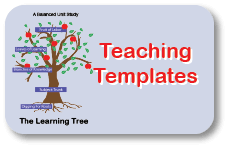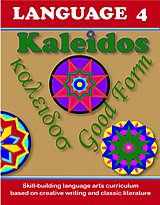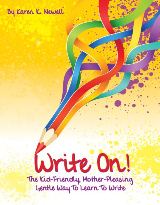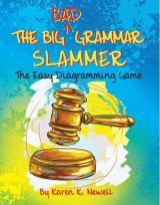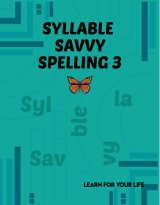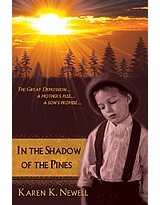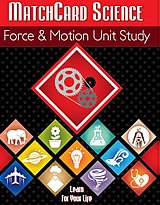Should We Use Fantasy Literature To Teach?
Arguments for and against fantasy literature
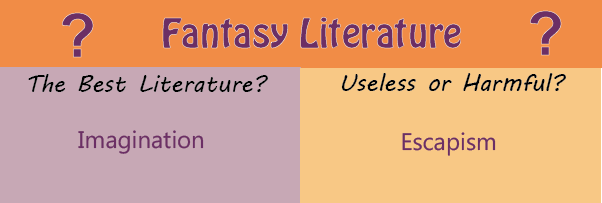
Why the Discussion?
Some people object to fantasy literature and have questioned why we include The Hobbit in the 7th grade Kaleidos curriculum, and Fellowship of the Ring in the 8th grade curriculum.This article is intended to address the concerns about these books specifically.
Kaleidos is structured to allow any assigned book to be replaced for any number of reasons. These reasons include:
- Students have already read a book
- The reading level of the book is not appropriate
- Personal preferences of the reader
However, for those who question the value of Tolkien's books, it might be beneficial to review arguments against fantasy literature.
Objections to Fantasy Literature
Occult Elements
One argument against fantasy literature is the inclusion of magical or occult powers. For those who might be inclined to roll their eyes and dismiss this argument, let's review the historical rationale behind it.For millenia witchcraft was illegal in Western civilization. Yes the laws were a bit Medieval and could easily be abused, but there was a very good reason for them:
Witches WERE evil back then.
There was no such thing as a good witch; that was an oxymoron. The concept of white witches was unknown. People who went around threating to put spells on other people or their children or their livestock were bad people.Even if these mumbling spell-casters had no real supernatural power, think of the effect they had on others. Half of children died before reaching the age of five. Contagious infections could wipe out the crops and livestocks of a village - or even the human population. Statistically, the most sham pretender would be right occasisonally. It was a tremendous psychological-weapon against one's neighbors.
But witches were outlawed for more reasons than just their power of intimidation. Remember the big, black, boiling cauldron? Witches brews were often poisons. These were NOT nice people.
Now, just to set the record straight, I am not advocating we go back to hanging, stoning, burning, drowning or otherwise outlawing witches. The laws were archaic and there was greater danger of an innocent person being framed than a real witch actually causing harm.
And definitions of witchcraft can be vague and broad. You could be accused of witchcraft for making herbal teas or being a midwife (It just so happens I am both an herbal tea drinker, and a midwife, and am not a witch; but have been called one for such reasons, albeit somewhat jokingly.)
So why is this even an issue now?
Witchcraft does exist in our modern era and some people have found themselves caught in it. Some have paid a high price to get out. It is no laughing matter to them and they do not want to see their own children ensnared in something they escaped.
For anyone who has been in that situation, or has known someone else who has, the genre of fantasy may be abhorrent.
My explanation for including Tolkien's books to those who have this objection is simple: Tolkien does not promote the occult. There are other fantasty books that do - directly or indirectly. Tolkien does not.
It is true that Gandalf is a wizard. But the wizards in Middle Earth do not become wizards by studying spells. The Creator named Illuvatar put the Valar (angelic/mythological) beings on Middle Earth as guardians and the five wizards were Maia or helpers to the Valar. Gandalf describes his role as a steward. No mumbo-jumbo spell-casting against others.
Addiction to Fantasy
Another reason some have objected to any fantasy is that some individuals have become addicted to it. People who went through a phase of reading nothing but fantasy and feeling addicted to it may not want their children to do the same.There have been reports of addictions and suicides from Dungeons and Dragons. Again, I do not want to ask anyone to go against their conscience, but The Hobbit is NOT Dungeons and Dragons even though there is a dragon in an underground dungeon. Dungeons and Dragons is role-playing fantasy, and some have not been able to get out of their fantasy role and back into their own life. Truly a tragedy, but I honestly don't see the genre of children's fantasy literature taking one down that path.
Is it possible that a student might read The Hobbit and that become the first step in a life-destructive addiction? Probably not, but if someone does start wanting to read nothing but fantasy and becoming addicted to it that is a sign that something needs to change.
The same argument might be made that someone might become addicted to sports, music, peers, or the internet.
Horror Elements
A third objection to Tolkien's work is elements that might be considered horror.The orcs are horrific creatures, sub-humans with speech, unredeemable and without mercy. Tolkien easily could have turned the tale into one of horror, but he didn't.
Nonetheless these debased murderous creatures are in the narrative. For any students sensitive to nightmarish creatures, I would recommend replacing The Lord of the Rings with something else. The Hobbit, on the other hand, is written in such a child-like style it is highly unlikely to cause anyone nightmares, unless they have a severe-fear of spiders - in which case it might.
This, by the way, is a major function of literature and literature instruction. Literature deals with human experience including our deepest fears, nightmares, death, abuse, and injustice. Literature is actually a relative safe way of dealing with the haunting-subjects of humanity; but not everyone is ready to deal with everything at any time.
Bambi is probably not the best book for children dealing with a death in the immediate family. The Lord of the Rings is not for individuals who have been scared by horror movies or other nightmarish experiences. Discretion is always recommended.
Lack of Reality
The final objection to fantasy lies in the fact that it is not real. Why should one waste time reading fantasy when so much better, less obectionable, and true material is available?Interestingly, this is the same objection used against novels when they were first being published. In the early 1800's it was considered barbaric to read "gasp" a novel.
I won't argue that there is more practicality in reading non-fiction. Nonetheless, I think fiction, novels, and fantasy have earned their place in the culture of civilization. Not all fiction, not all fantasy, and not all novels are good. But that is one of the goals of art and literature: discerning what is good and examining it through a different lens.
That, in fact, is one of the themes of Tolkien. What is good? What is evil? What makes them inherently different?
Starting with a humble hobbit living contentedly in his comfortable hole is a rather benign and entertaining way to begin that discussion.
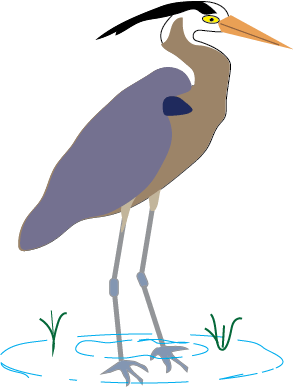
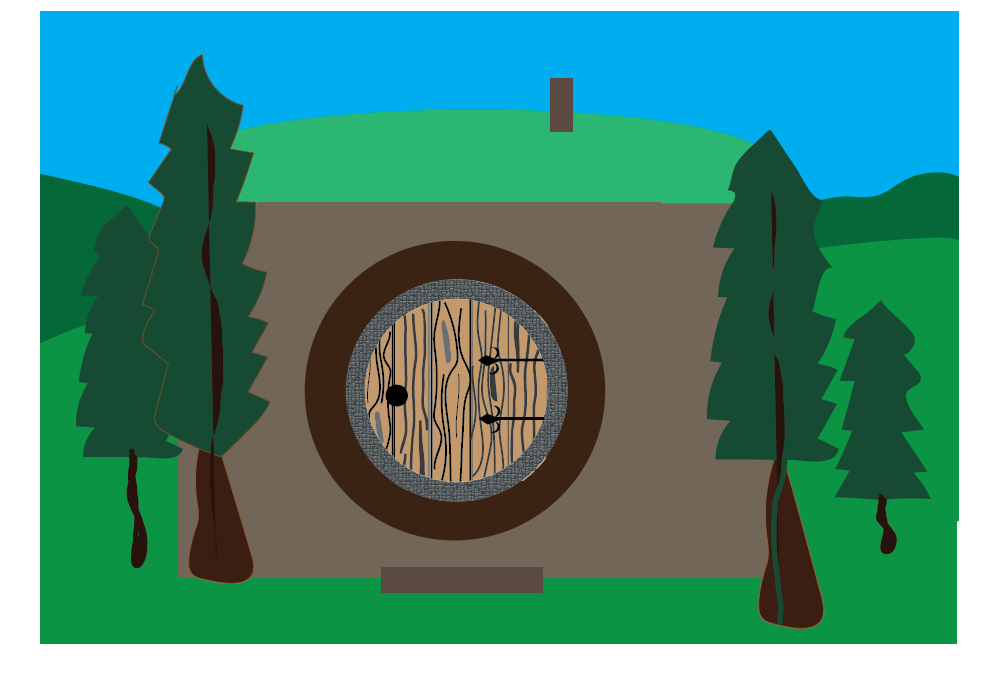

About Our Site
Hands-On Learning



